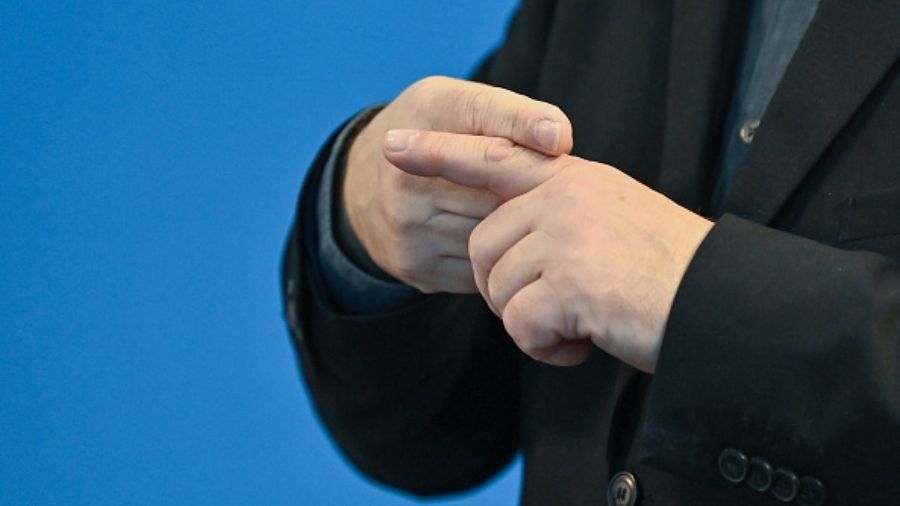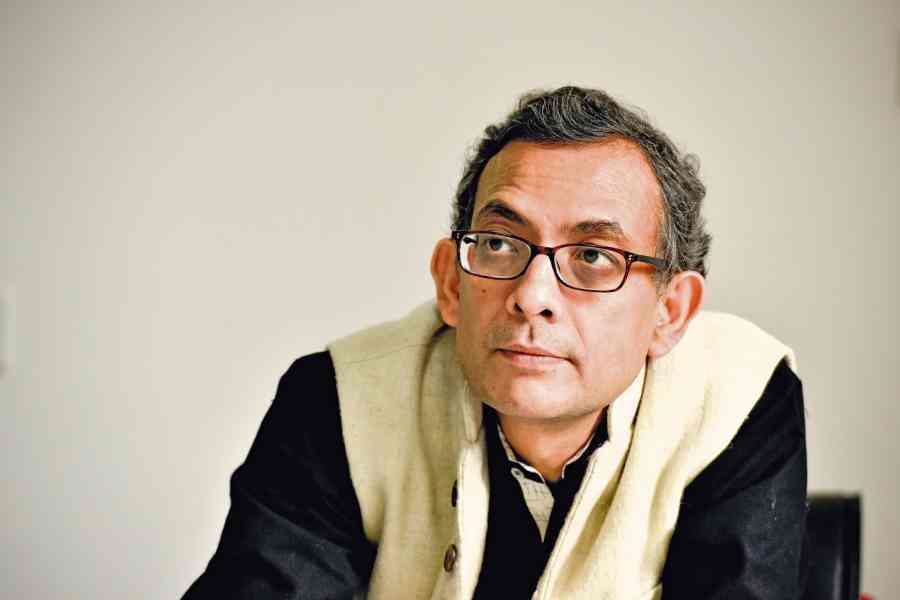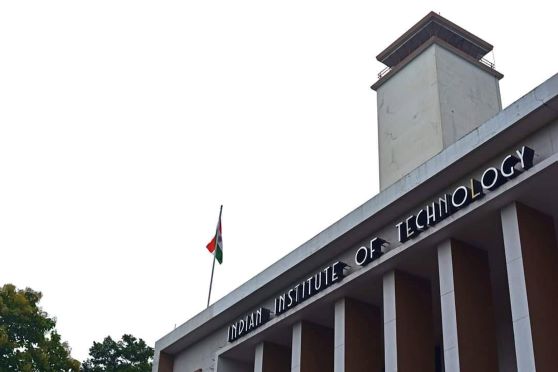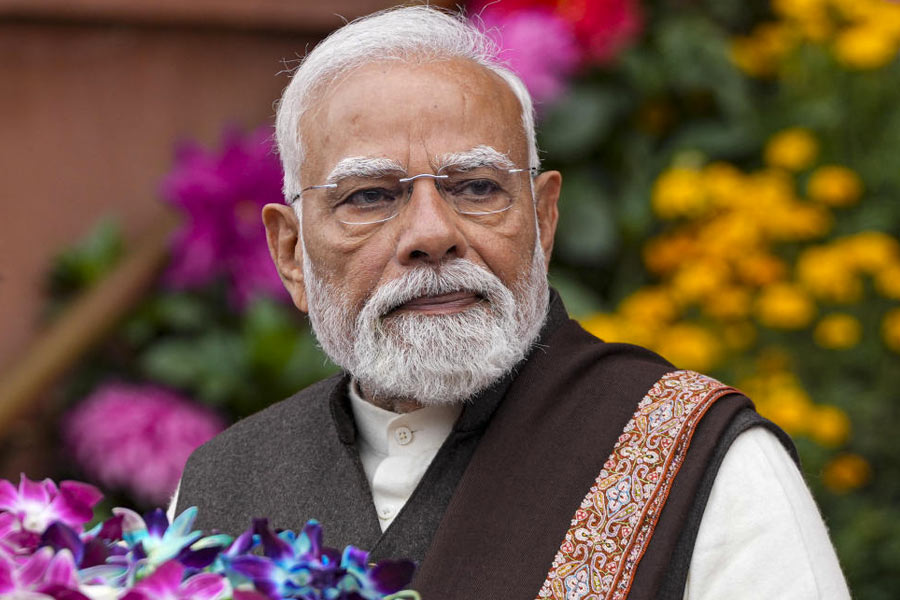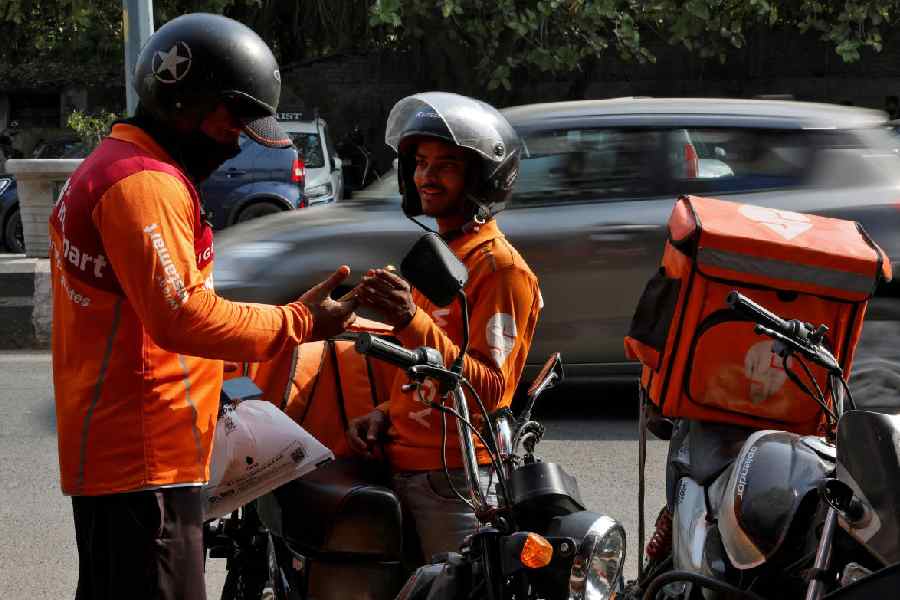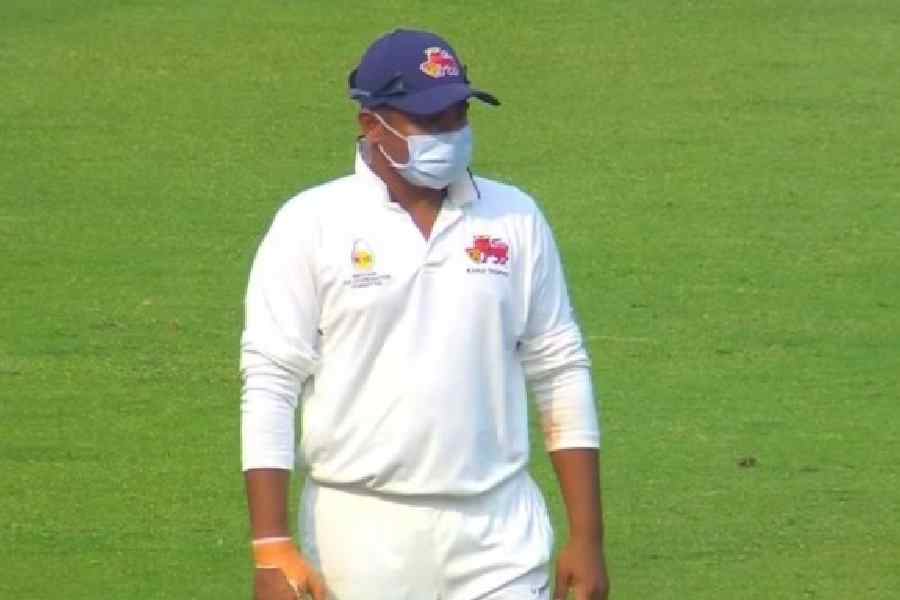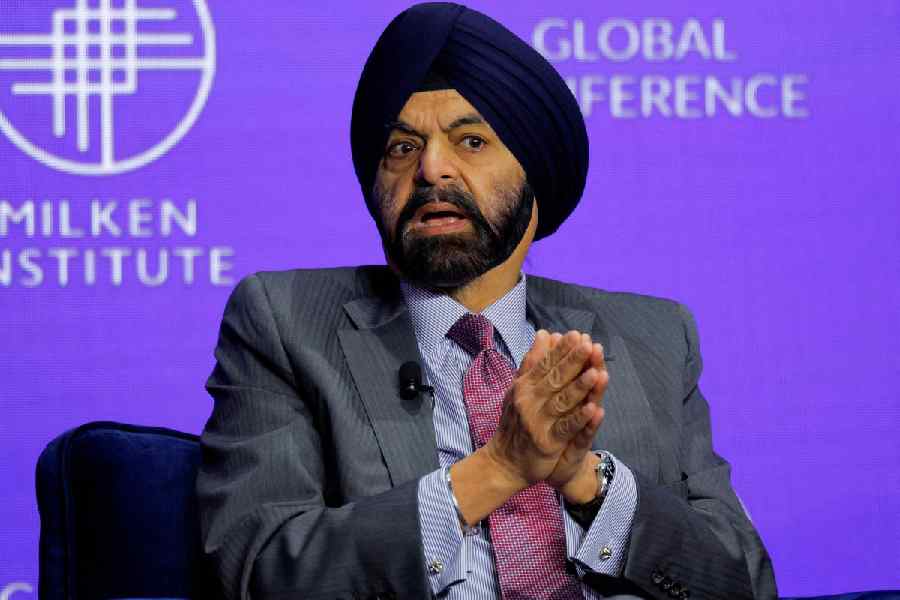A form of talking to one another, just without the voice. Sign language has worked as a bridge of communication for not only people with hearing and speech disabilities over the years, but also for those who can speak and hear, at a time when masks have hidden facial expressions and social distancing is the new normal.
To honour its potential, the language of hand gestures will be used by various contingents at this year’s Republic Day Parade in New Delhi, along with Bengali, Gujarati, Tamil, Ladakhi, Assamese and other such Indian languages.
A group of 12 youngsters from the Indian Sign Language Research and Training Centre (ISLRTC), in their matching blue uniforms, can be seen interacting with each other and with members of other tableaux contingents on the premises of the camp at Delhi Cantonment.
Delhi-based ISLRTC, under the Ministry of Social Justice and Empowerment, conducts courses for developing Indian sign languages interpreters and teachers and provides interpretation services for various events.
"This year, the ministry's tableau will represent our institution and all the boys and girls who are part of it are very excited. They may not be able to tell that verbally, but through non-verbal gestures they have conveyed their joy," said Shavita Sharma of the institution.
While craftsmen are giving finishing touches to the ISLRTC's tableau, which has huge models of a few hands folded in interpretive gestures, letters and other elements, its members are using the camp time to bond with others, transcending all linguistic barriers.
The theme of the tableau is 'Bharatiya Sanketik Bhasha: Ek Rashtra, Ek Sanketik Bhasha'.
Pankaj Kumar, who hails from Dholpur Rajasthan, was doing his course at ISLRTC online due to Covid-19 restrictions and was happy to physically attend the camp and experience the country's diversity in one place.
Gargi, 21, who has finished a course in D.Ed (Hearing Impairment), helps him and others with hearing disabilities in communicating with people who can hear.
"I am getting trained at the institute and it's a very different experience, sometimes the language is not that we can hear, but we can feel. We may speak a language very fluently, but the society also needs a language of empathy for people with any disability," she said.
Gargi, even while interacting with staff at the camp canteen, uses sign language along with verbal communication. She is getting trained in sign language by persons with hearing disability at the institute.
"It's also my language now and I am proud of it. Gestures speak when words fail," she told PTI.
Sharma of the ISLRTC said due to COVID-19 everyone is wearing a mask and so it is difficult for those with hearing disabilities to communicate as "they can't see facial expressions".
"So, at many places outside, transparent masks were introduced so they could understand and interpret the lips movement and facial expressions," she said.
The camp has a diverse set of contingents and at times language becomes a barrier between people from different regions of the country when it comes to communicating thoughts.
"But sign language is universal. Two deaf persons from foreign countries can immediately talk to each other, but say an Indian and a Chinese person may need help of an interpreter. And even members of other states and other tableaux contingents have bonded with our students, especially the CRPF personnel, who also sometimes use non-verbal communication," she added.

